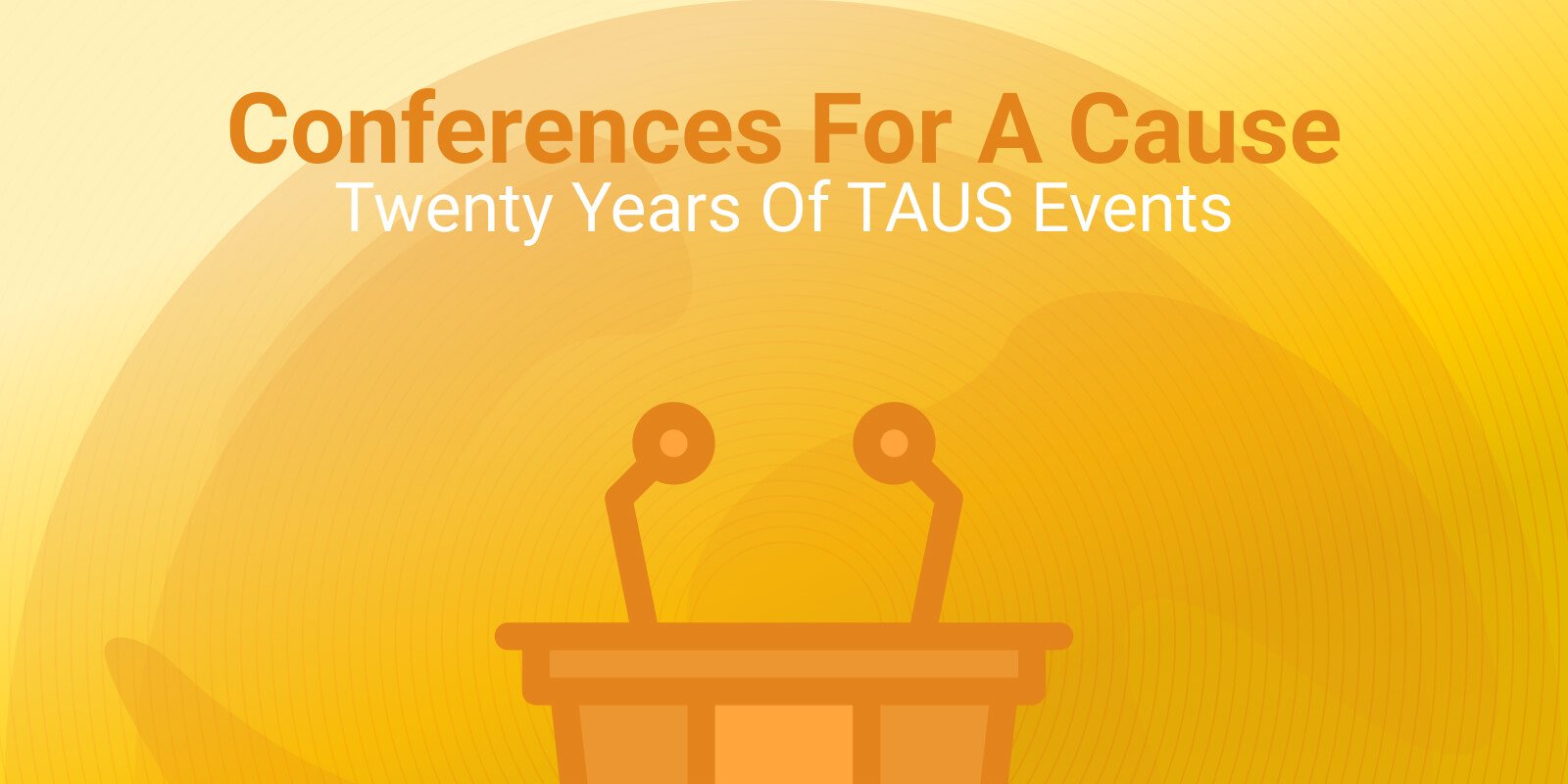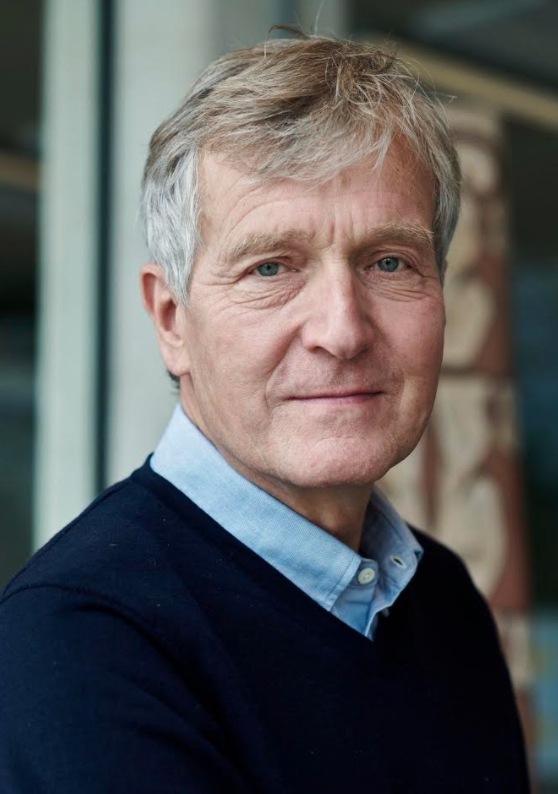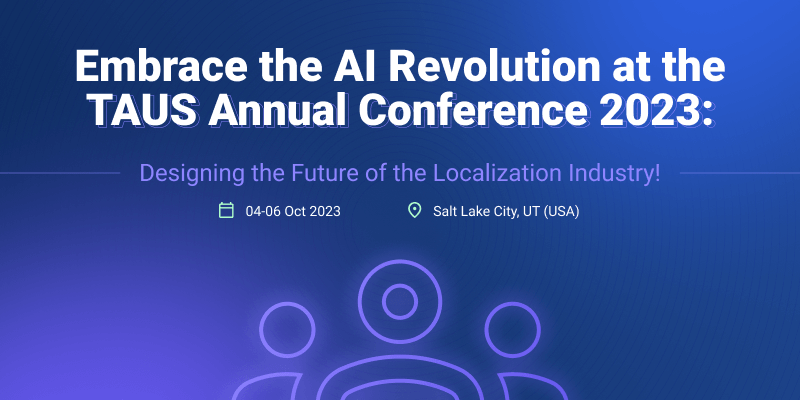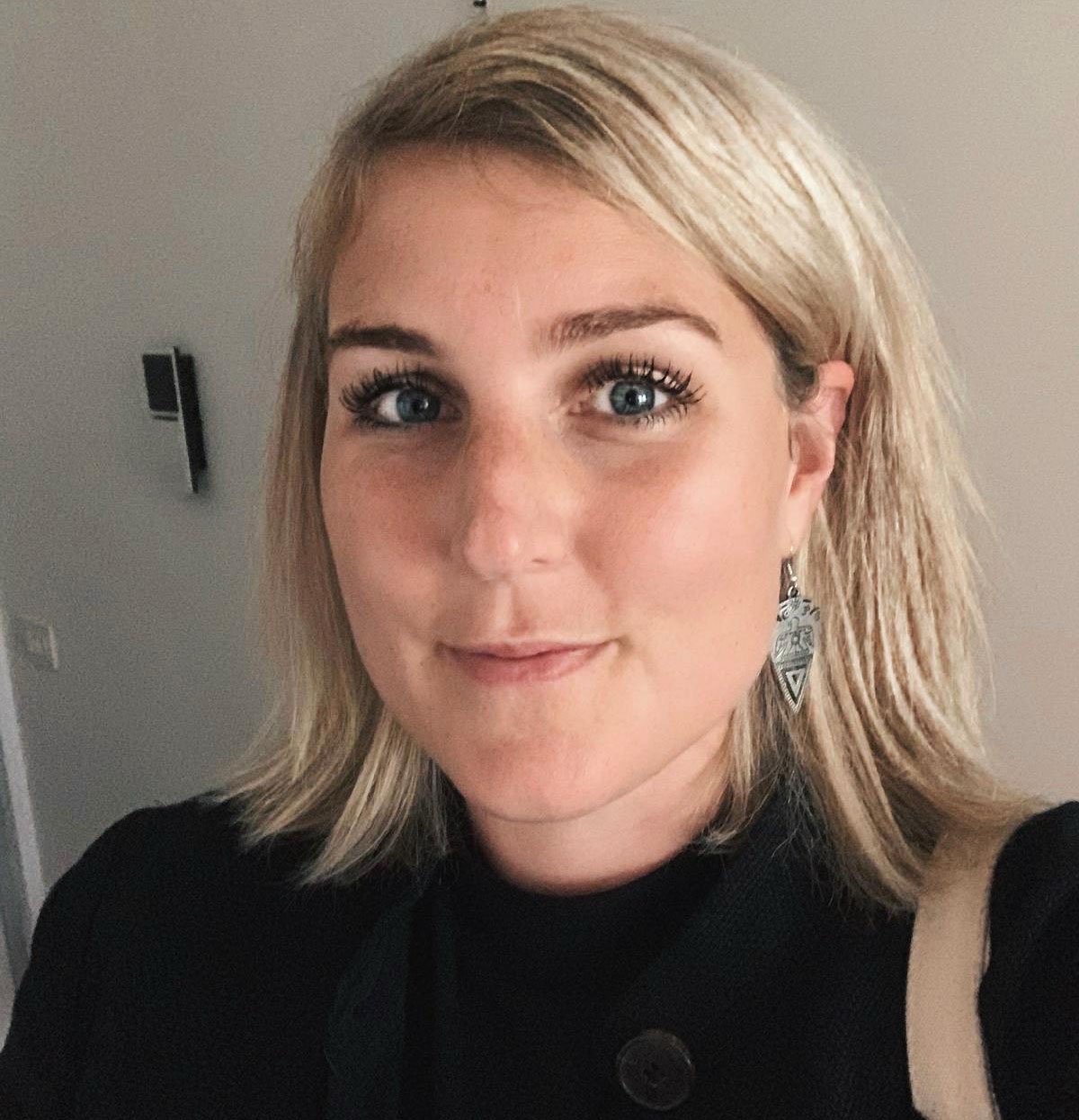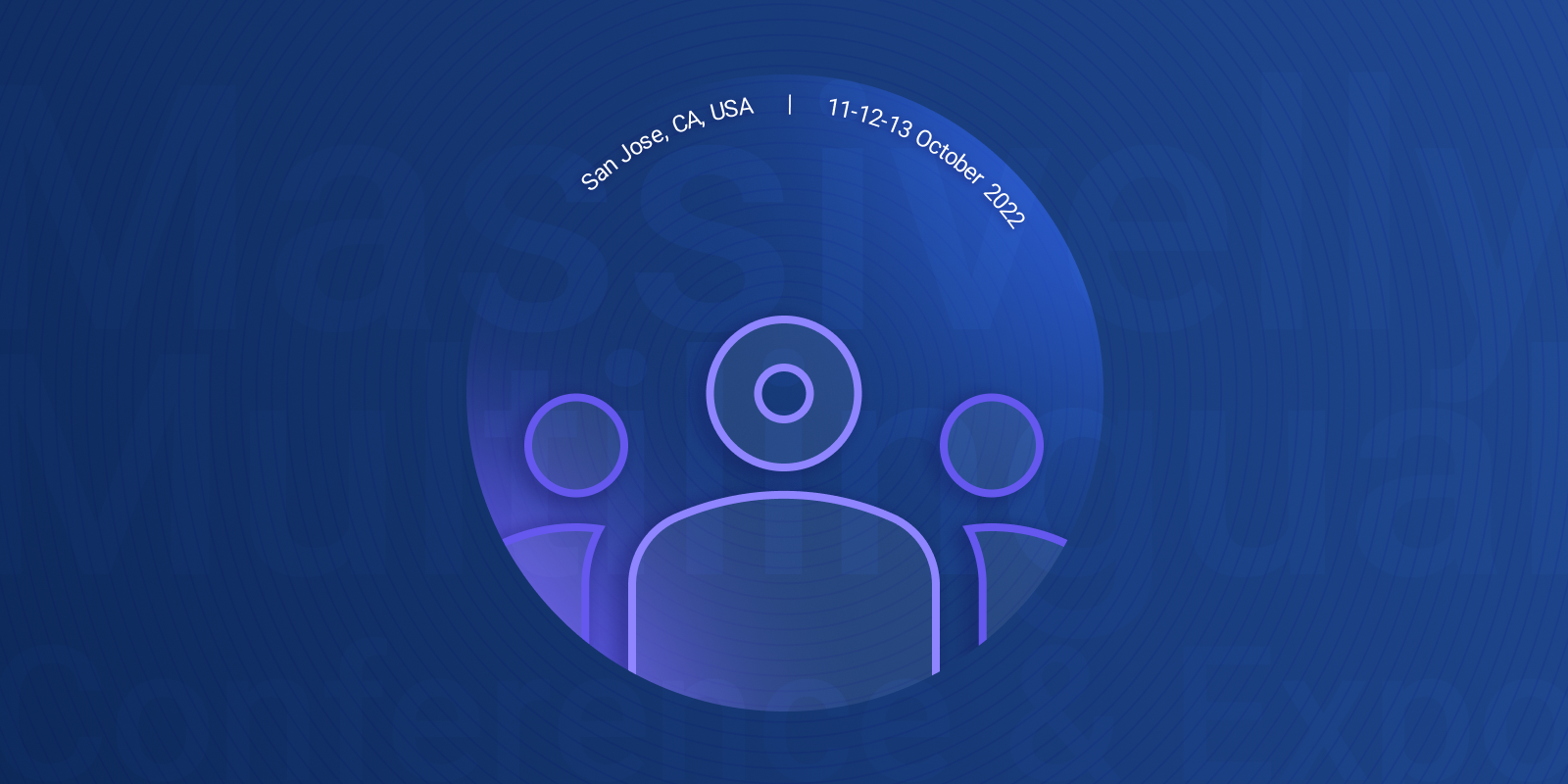Bright Minds of the Industry, We Need You!
08/02/2018
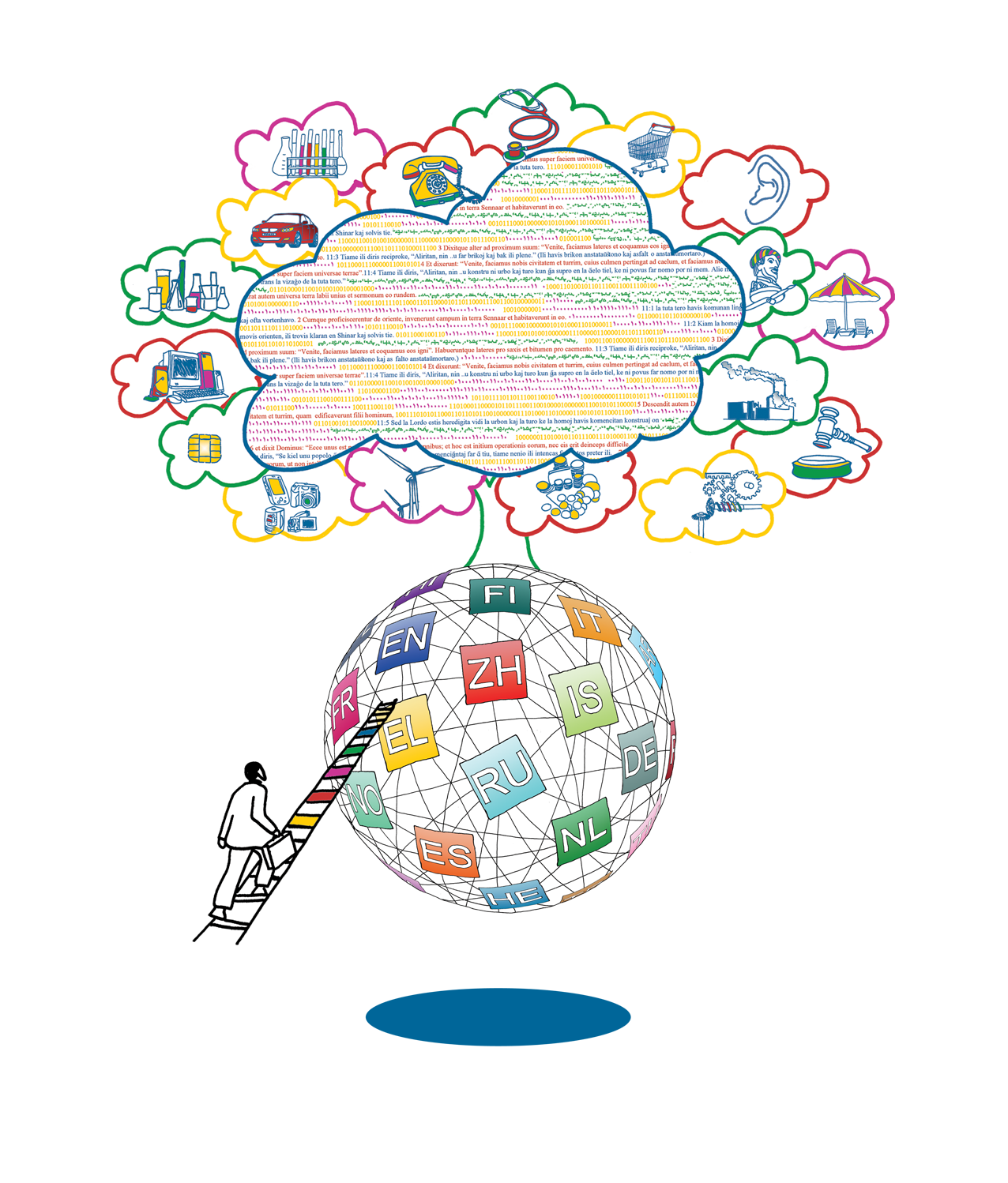
On 11 April, TAUS will hold the QE Summit, hosted by Microsoft in Dublin. This time the main theme will be the exploration of new approaches towards quality evaluation. Gig economy, neural MT development, changing pricing models for post-editing.
Author
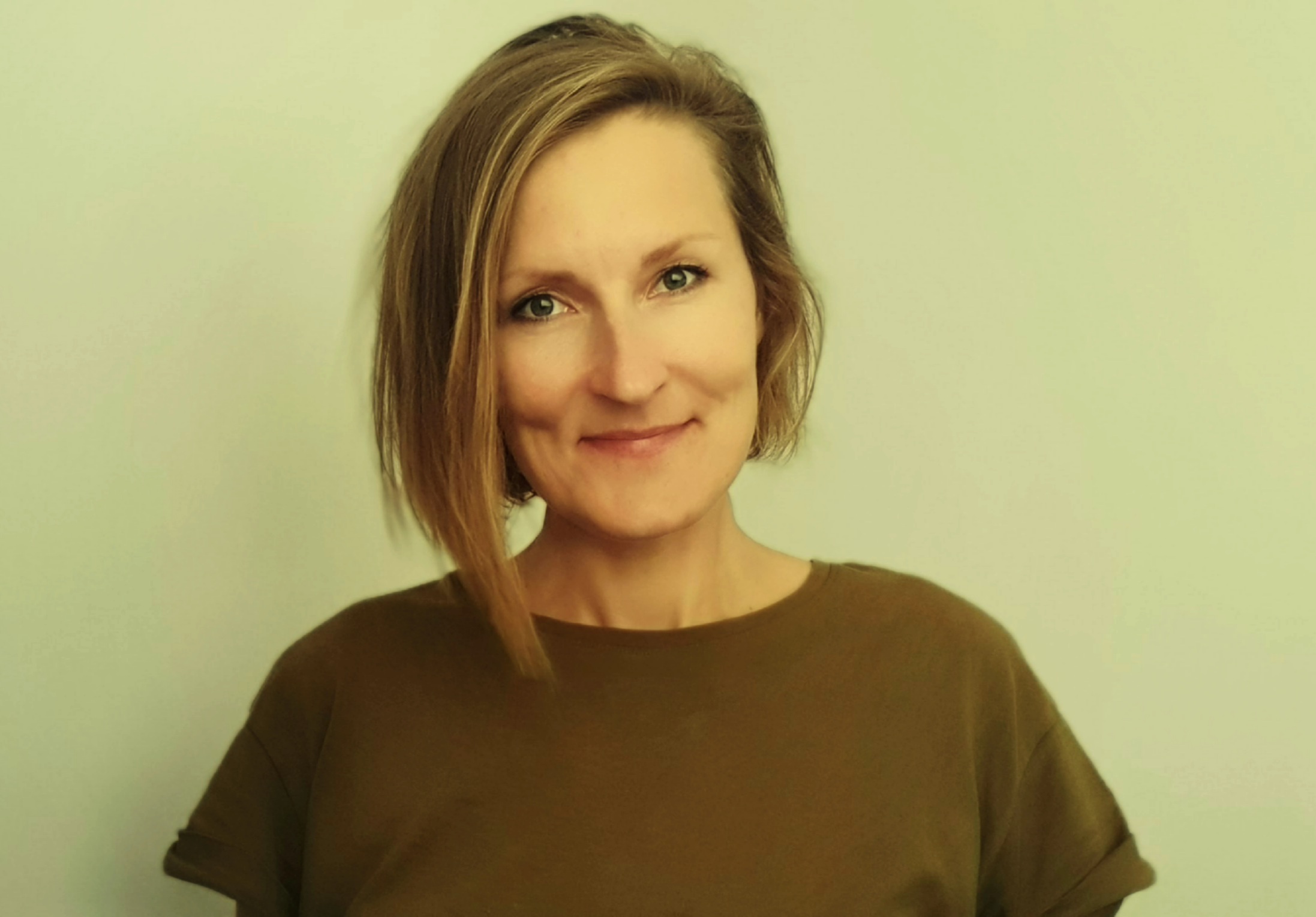
Dace is a product and operations management professional with 15+ years of experience in the localization industry. Over the past 7 years, she has taken on various roles at TAUS ranging from account management to product and operations management. Since 2020 she is a member of the Executive Team and leads the strategic planning and business operations of a team of 20+ employees. She holds a Bachelor’s degree in Translation and Interpreting and a Master’s degree in Social and Cultural Anthropology.
Related Articles
02/04/2024
The evolution of the language industry over the past two decades includes a transition from rule-based Machine Translation to the integration of AI. Learn more about how two industries converge at the TAUS conferences in Rome and Albuquerque this year.
21/07/2023
Embrace the GenAI revolution at the TAUS Annual Conference 2023 to thrive in the LLM era. Join this defining moment in the language & localization industry.
 by Şölen Aslan
by Şölen Aslan25/10/2022
Notes from the TAUS Massively Multilingual Conference 2022
